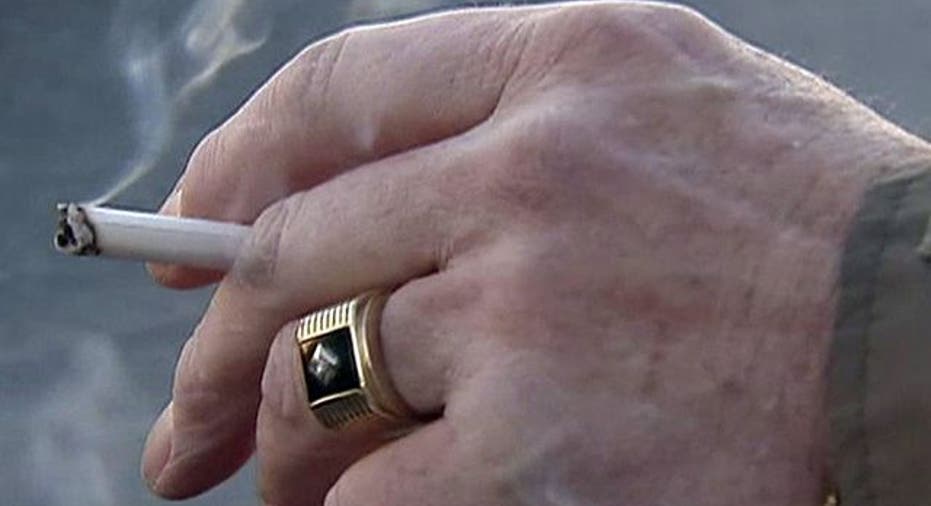Burned: Smokers Earn 17.5% Less Than Non-Smokers

Everyone knows smoking is bad for your health and budget, but it can also hurt your career and earnings potential.
The Federal Reserve Bank of Atlanta reports smokers earn an average 17.5%. less than their non-smoking colleagues. The report finds smokers make an annual average income of $27, 248, compared to nonsmokers’ average salary of $33,820. The study also notes that the frequency of lighting does not correlate with the wage gap.
“It’s not necessarily smoking that is driving the salary difference,” according to Polly Wright, senior consultant at HR Consults. “There may be some correlation between educational achievement that is driving earning potential.”
Wright cites a 2008 Gallup study on cigarette taxing which found 28% of smokers had only high-school education or less. These workers are likely also working hourly jobs, Wright adds, meaning they tend not to get paid for sick or vacation days, which lowers incomes.
Smoking can also create tension in an office over smoke breaks, Wright says.
“Our clients regularly write to us to get a policy to regulate smoke breaks,” she says. “Usually it’s up to supervisors; non-smokers may deem it unfair. It depends on the work environment—there may be a manufacturing environment with scheduled breaks. There is sometimes a perception that [smokers] are less productive, which may be impacting earning potential as well.”
Rachel Polhemus, senior partner at executive recruiting firm Witt/Kieffer says there is also a bias against smokers in the workplace that may impact earning capabilities.
“Especially in health-care, you don’t always see it but you may smell it in a sense,” she says. “More organizations are asking their employees to become non-smokers. They want this, as far as pre-employment.”
Health-care costs tend to be higher for smokers, and during a time where companies are looking for ways to scale back their health-care costs, some may promote counseling and wellness programs for smokers to kick the habit.
“We have seen that throughout an organization, like a hospital,” she says. “There is a bit of a bias when you see a CEO or COO of a hospital or health-care organization smoking a cigarette. It’s just not acceptable anymore.”



















